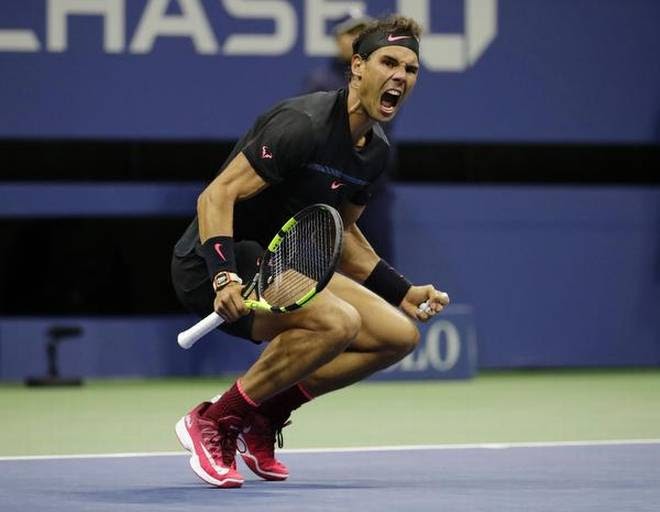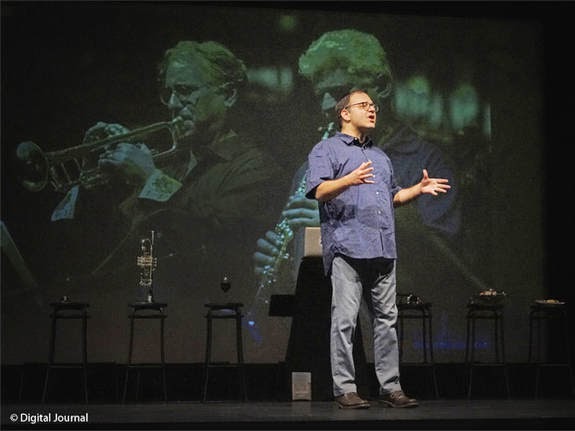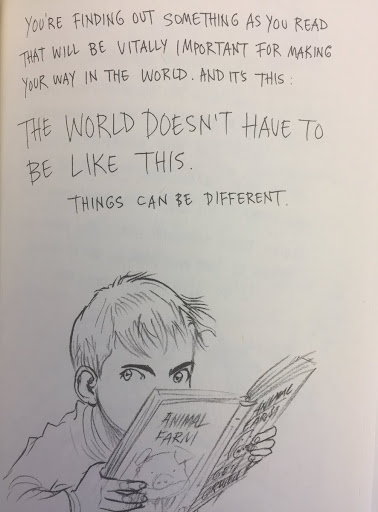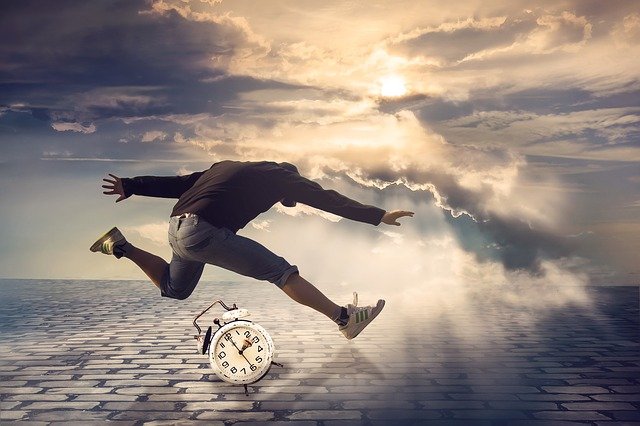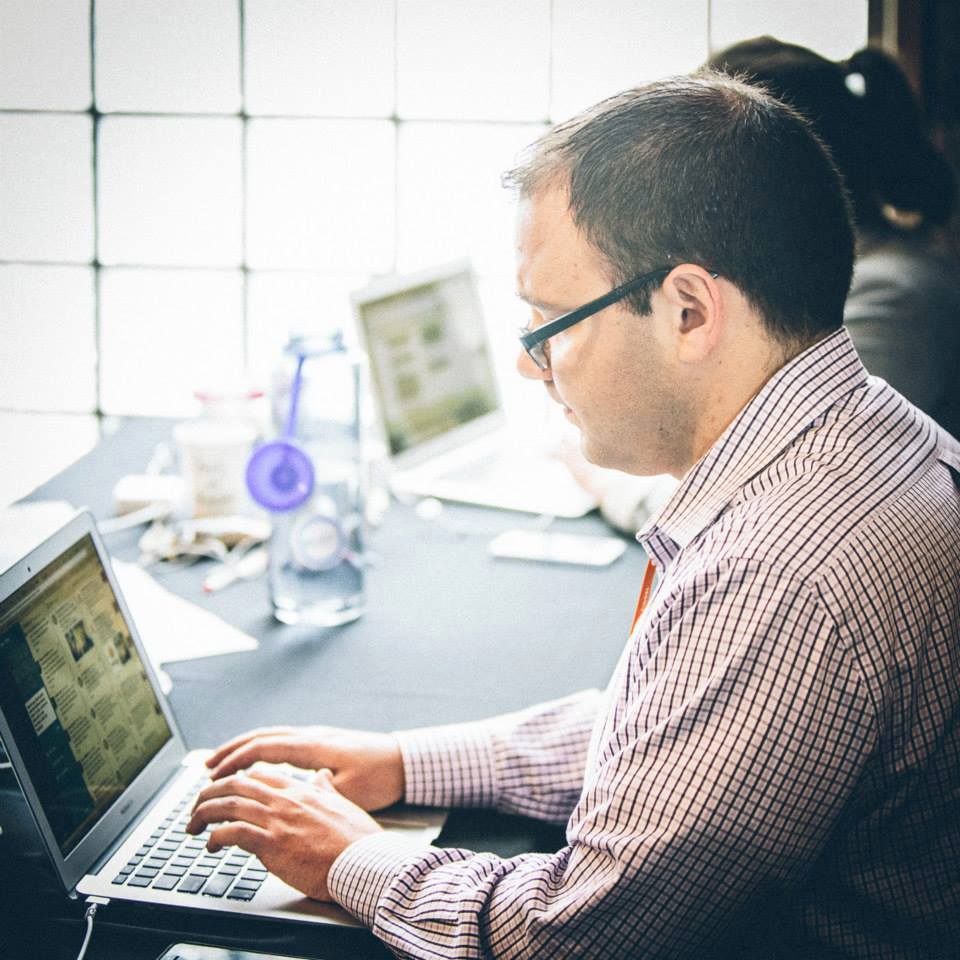In tennis, an unforced error is a play where you make a mistake that is entirely your own doing, as opposed to your adversary pressuring you with an impressive shot. When I’ve committed unforced errors in tennis, sometimes they avalanche into an unravelling that’ll have me down too many points to surmount a comeback. Other times, those head-shakers will inspire me to be sharper, faster, stronger.
Sometimes I get this mean-face:
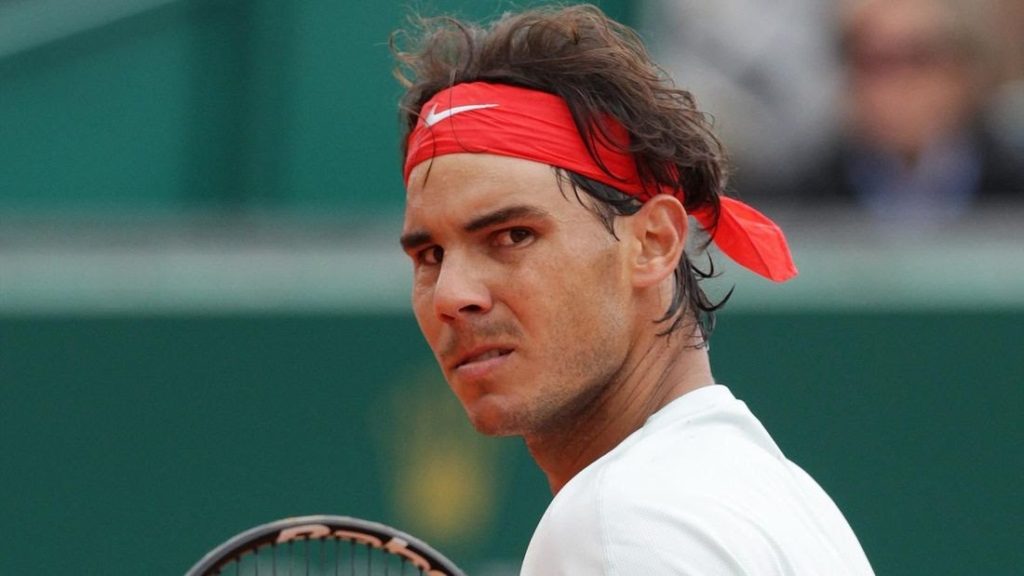
Unforced errors can frustrate us outside sports, in everyday life. I’ve made unforced errors in relationships, believing something that wasn’t, or not being considerate or romantic enough. No external forces influenced those lapses in judgements; that’s all on me.
In basketball, unforced errors creep up when you try to do too much, like making fancy passes or trying to drive into the paint with two defenders waiting for you. You’ll lose the ball, clunk a tough shot, and the guilt of selfish play can shiver up your spine. Same with the freelance projects I’ve tackled: If I try to do too much, I’ll spread myself thin, and all the projects don’t get the right amount of attention. To avoid unforced errors in this arena, I had to drop a podcast idea I was working on, which was one of the toughest decisions I’ve made in awhile.
The best way to avoid unforced errors is focus. In tennis, if you train your concentration on the first serve, you’ll have a high chance of acing your opponent, as long as the mechanics are on point. So I’m applying this to relationships (focus on what’s in front of you, ignore those Tinder pings), to work (focus on my articles when the deadline nears, and ignore those unread emails), to health (focus on what my body needs, not what I crave).
The less I endure unforced errors, sparking that anger or determination (or sometimes resignation), the more I’ll be boasting this Nadal face:
